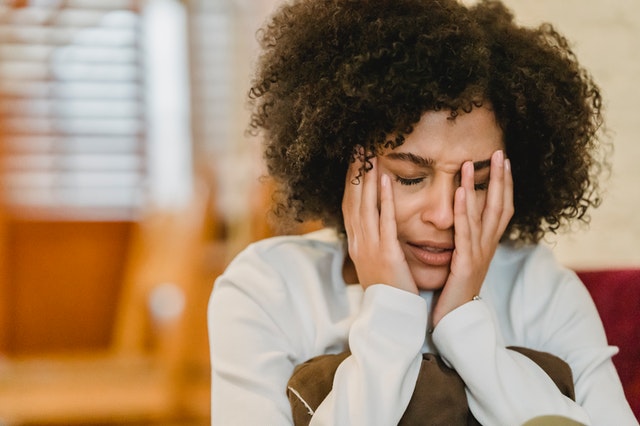Why Does Levothyroxine Make Me Feel Awful?

Levothyroxine is a medication used to treat an underactive thyroid gland (hypothyroidism). It replaces or provides more thyroid hormone, which is normally produced by the thyroid gland. Low thyroid hormone levels can occur naturally or when the thyroid gland is injured by radiation/medications or removed by surgery. Having enough thyroid hormone is important for normal mental and physical activity. In children, having enough thyroid hormone is important for normal mental and physical development. This medication is also used to treat other types of thyroid disorders (such as thyroid cancer). This medication should not be used to treat infertility unless it is caused by low thyroid hormone levels.
How should this medicine be used?
Levothyroxine comes as a tablet and a capsule to take by mouth. It usually is taken once a day on an empty stomach, 30 minutes to 1 hour before breakfast. Follow the directions on your prescription label carefully, and ask your doctor or pharmacist to explain any part you do not understand. Take levothyroxine exactly as directed. Do not take more or less of it or take it more often than prescribed by your doctor.
Swallow capsules whole; do not chew or crush them. Do not remove the capsule from the package until you are ready to take it. Take the tablets with a full glass of water as they may get stuck in your throat or cause choking or gagging.
If you are giving levothyroxine to an infant, child, or adult who cannot swallow the tablet, crush and mix it in 1 to 2 teaspoons (5 to 10 mL) of water. Only mix the crushed tablets with water; do not mix it with food or soybean infant formula. Give this mixture by spoon or dropper right away. Do not store it for later use.
Your doctor will probably start you on a low dose of levothyroxine and gradually increase your dose.
Levothyroxine controls hypothyroidism but does not cure it. It may take several weeks before you notice a change in your symptoms. Continue to take levothyroxine even if you feel well. Do not stop taking levothyroxine without talking to your doctor.
Why Does Levothyroxine Make Me Feel Awful?
Levothyroxine can make you feel weird, nervous, or irritable. Studies have linked levothyroxine treatment to depression and anxiety, especially in women. Patients with thyroid disorders are more prone to develop depressive symptoms and conversely, depression may be accompanied by various subtle thyroid abnormalities. Thyroid hormone replacement aims to bring your body back to its normal hormone levels if you have hypothyroidism.
What are the side effects of levothyroxine?
Levothyroxine may cause side effects. Tell your doctor if any of these symptoms are severe or do not go away:
• changes in appetite
• changes in menstrual cycle
• diarrhea
• fever
• hair loss
• headache
• joint pain
• leg cramps
• sensitivity to heat
• vomiting
• weight gain or loss
Some side effects can be serious. If you experience either of the following symptoms, call your doctor immediately or get emergency medical treatment:
• shortness of breath, wheezing, hives, itching, rash, flushing, stomach pain, nausea, or swelling of hands, feet, ankles, or lower legs
If you experience a serious side effect, you or your doctor may send a report to the Food and Drug Administration’s (FDA) MedWatch Adverse Event Reporting program online (http://www.fda.gov/Safety/MedWatch) or by phone (1-800-332-1088).
You may also find useful information on Is Nutreance Thyrogard Safe?





